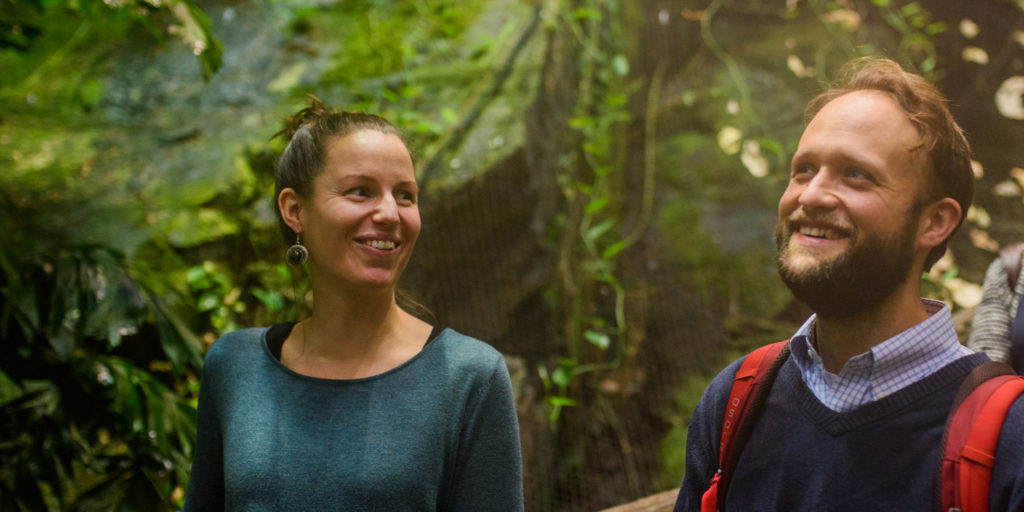Welcome to join the Focali annual meeting 2020, which this year will be a fully online event! We live in times of interlinked crises which should be a strong wake-up call on our interdependence with nature as well as the need for broader and stronger collaboration across geographical regions, sectors, and disciplines to meet the challenges and find a sustainable future. At this Focali annual meeting we will dig into some of the challenges related to forests, landscape, biodiversity, climate and livelihoods and discuss what role we can play ahead.
The event is open to all Focali members, partners and friends working within the areas of forests, climate, landscape and livelihood issues. We hope that as many as possible can join and contribute to the knowledge exchange, networking and dialogues during this two-day event!
Nov 4: 10:00-12:15, and 13:30-14:00
Nov 5: 10:00-12:15, and 13:30-14:15
See the full program and registration at the Focali website
Register to the event no later than November 2nd.
